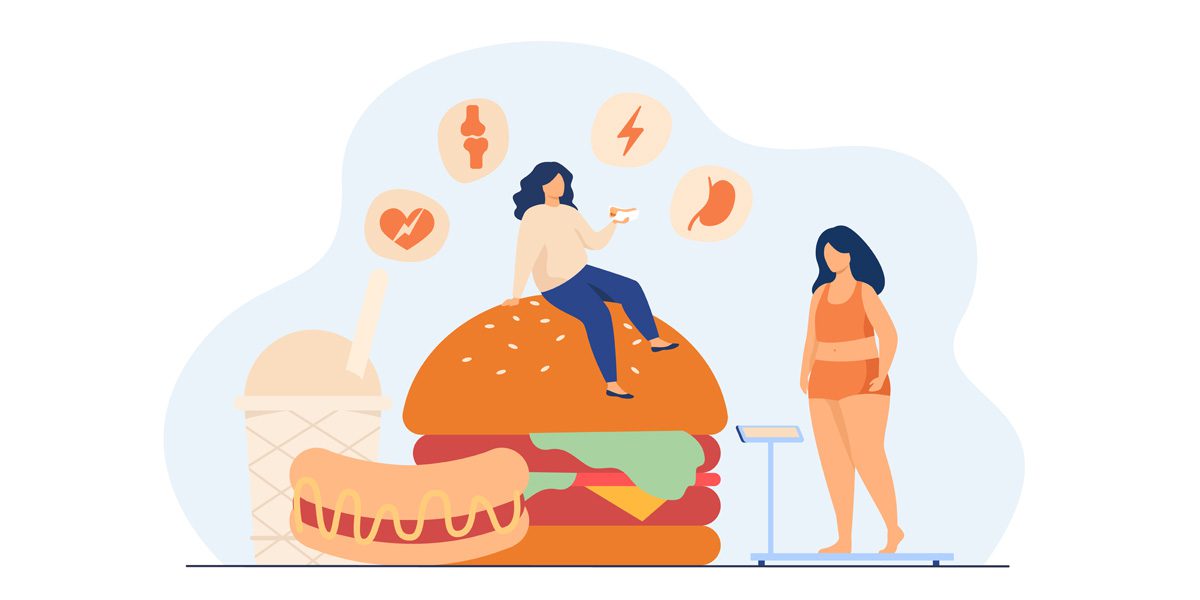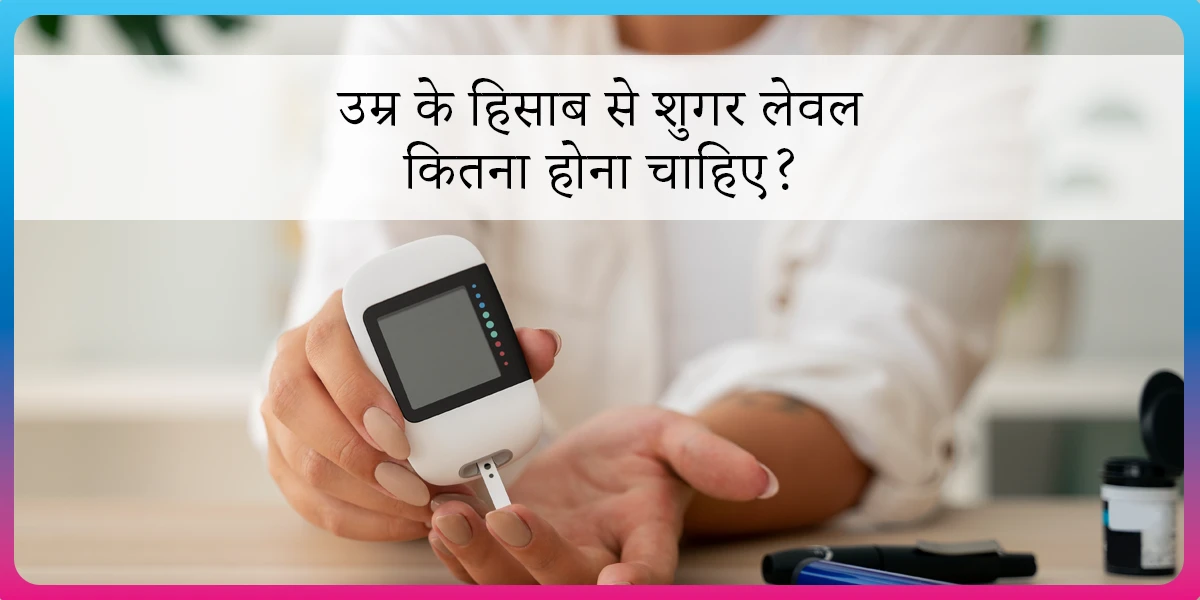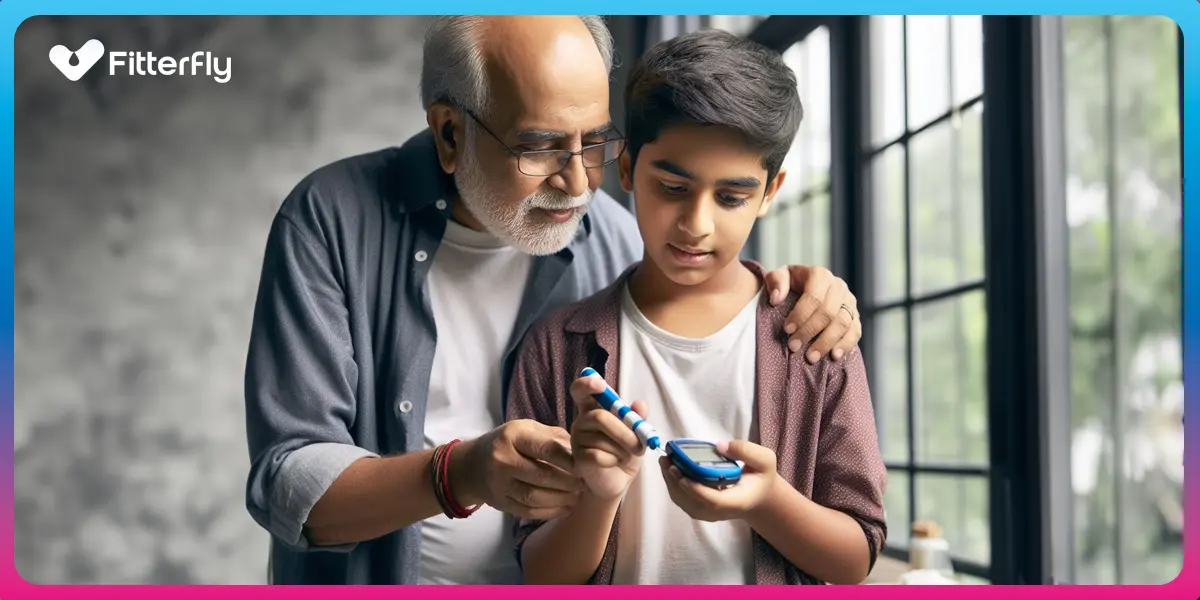Stress Eating and Simple Ways to Curb It

What is Stress Eating?
Stress eating is consuming food in response to feelings, even in absence of hunger. Unfortunately, this emotional eating is often a craving for sweet, fried, or fatty foods – all junk with minimal nutritional value. Lets learn how to reduce stress eating.
And just as we’re getting into this, here’s something we want to share. If you’ve been feeling stuck in a tough or stressful phase, consider a 1:1 online session with our expert psychologists. It’s designed to help you clear your mind and regain your mental peace. Fill out the form below, and let’s take the first step toward your mental wellness!
Top 5 Tips To Get Rid Of Stress Eating
1. Stress eating is not always because of lack of self-control. You may have an ‘unconscious eating habit’ – eating when you are done with your meal but still keep on eating without realizing. It includes subconsciously eating while watching TV, working on a laptop, or talking on the phone. Be mindful of what and how much you are eating. Keep lights on, electronics off, and focus only on food when you eat.
2. Many people consider food as the only source of pleasure or comfort. Find other ways to reward and distract yourself. Engage in an activity that is neutral such as talking to a friend, listening to music, going for a walk, playing with pet/s, self soothing (bath/skincare/yoga) instead.
3. Do you follow crash diets to lose weight – remain hungry for extended hours – get tired – end up eating more than intended – feel guilty – diet again and repeat the cycle of overeating? Break this vicious circle, do not torture yourself, eat regular small meals.
4. Stress eating happens as a result of stress; exercise reduces the production of stress hormones and the tendency to engage in emotional eating.
5. Start a food diary. Jot down everything you eat throughout the day and how you felt before and after eating (Note down your mood, energy level, stomach satisfaction level). It will help you identify triggers and patterns of your food intake. Based on this you’ll know what leads to emotional eating and then you can take steps to correct it.
Do not shame yourself for overeating and avoid negative self-talk. All this leads to further episodes of stress eating. Learn from experience and make a plan for future. Focus on the positive steps you’re taking, like participating in this program and reading this article till the end! Give yourself credit for taking steps that’ll lead to better health.
FitterTake
Do not shame yourself for overeating and avoid negative self-talk. All this leads to further episodes of stress eating. Learn from experience and make a plan for the future.
Focus on the positive steps you’re taking, like enrolling with a program like Fitterfly’s Weight Loss program designed scientifically and thoughtfully for you.
Finally, give yourself a pat on your back for taking steps that’ll lead to better health.
We’ll take a quick pause here to remind you—there’s no bravery in simply ‘going through’ a mentally stressful phase. True bravery lies in reaching out, opening up, and talking to someone who can help. Book a 1:1 consult with our expert psychologists—it might just be the best thing you do for yourself.
This blog provides general information for educational and informational purposes only and shouldn't be seen as professional advice.





















